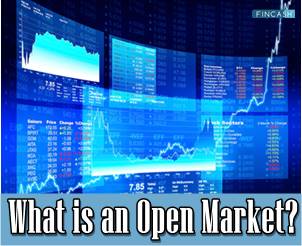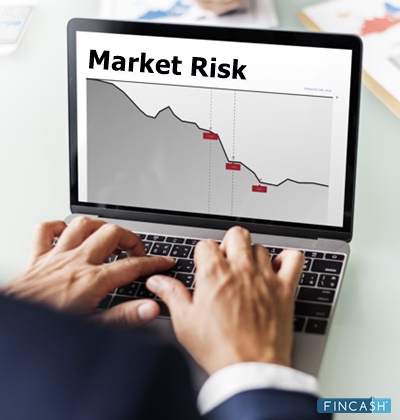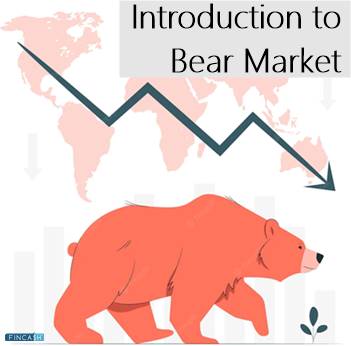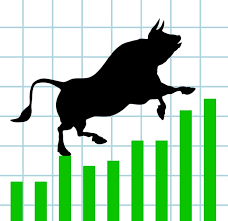
What is Open Market Transaction?
Open Market transaction is a transaction in which a person having inside knowledge of a firm buys or sells shares of that company after properly filling out the necessary paperwork.

An Insider may only legally trade on a firm through an open-market transaction without engaging in insider trading. An insider tries to make an open-market deal as near to the market price as they can.
How Does Open Market Transaction Work?
Insider transactions can be divided into two categories: open and closed. An open-market transaction is one that takes place on a stock exchange where any investor can buy or sell shares. Typically, shares are stored in a brokerage account and the purchase is made through the brokerage business. The insider must abide by existing laws and regulations, which is the main distinction between an insider's acquisition and one made by an ordinary investor.
The significance of an Open Market order is that the insider is willingly purchasing or disposing of shares at or near market value. Transactions in the free market do not involve any special price. Additionally, since the explanation for the purchase is disclosed, other investors can leverage the filings of open-market transactions. It is done to obtain some insight into what insiders may think about the firm.
Talk to our investment specialist
Open Market Vs. Closed Market
The purchasing or selling of shares in a corporation by insiders is referred to as an open-market transaction. An insider must submit the necessary documents to the commission before engaging in an open-market transaction in regards to compliance with insider trading laws. Outside investors pay attention to open-market transactions because insiders' purchases or sales of securities might provide insight into the company's perspective. An open market transaction contrasts sharply with a closed market transaction.
Trading only takes place between the corporation and the insider in a closed market transaction. No other parties are involved. The most frequent instance of closed market transactions is when an insider obtains shares as part of their pay. Large insider sales can happen for a variety of reasons, including leaving the firm, having the chance to profit, or selling stock before retiring.
The Bottom Line
For a variety of reasons, insiders may decide to acquire or sell shares. A company is seen to benefit more from purchasing shares as it shows that the company is thriving. However, an insider may also decide to sell shares in order to profit from any gains made on the investment or merely to obtain cash. The adaptability offers insiders more power over a company's shares.
All efforts have been made to ensure the information provided here is accurate. However, no guarantees are made regarding correctness of data. Please verify with scheme information document before making any investment.












